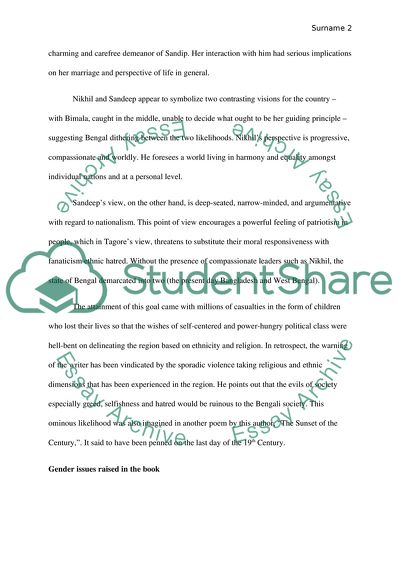Cite this document
(Home and the World by Tagore Book Report/Review, n.d.)
Home and the World by Tagore Book Report/Review. Retrieved from https://studentshare.org/literature/1790423-home-and-the-world-by-tagore
Home and the World by Tagore Book Report/Review. Retrieved from https://studentshare.org/literature/1790423-home-and-the-world-by-tagore
(Home and the World by Tagore Book Report/Review)
Home and the World by Tagore Book Report/Review. https://studentshare.org/literature/1790423-home-and-the-world-by-tagore.
Home and the World by Tagore Book Report/Review. https://studentshare.org/literature/1790423-home-and-the-world-by-tagore.
“Home and the World by Tagore Book Report/Review”, n.d. https://studentshare.org/literature/1790423-home-and-the-world-by-tagore.


